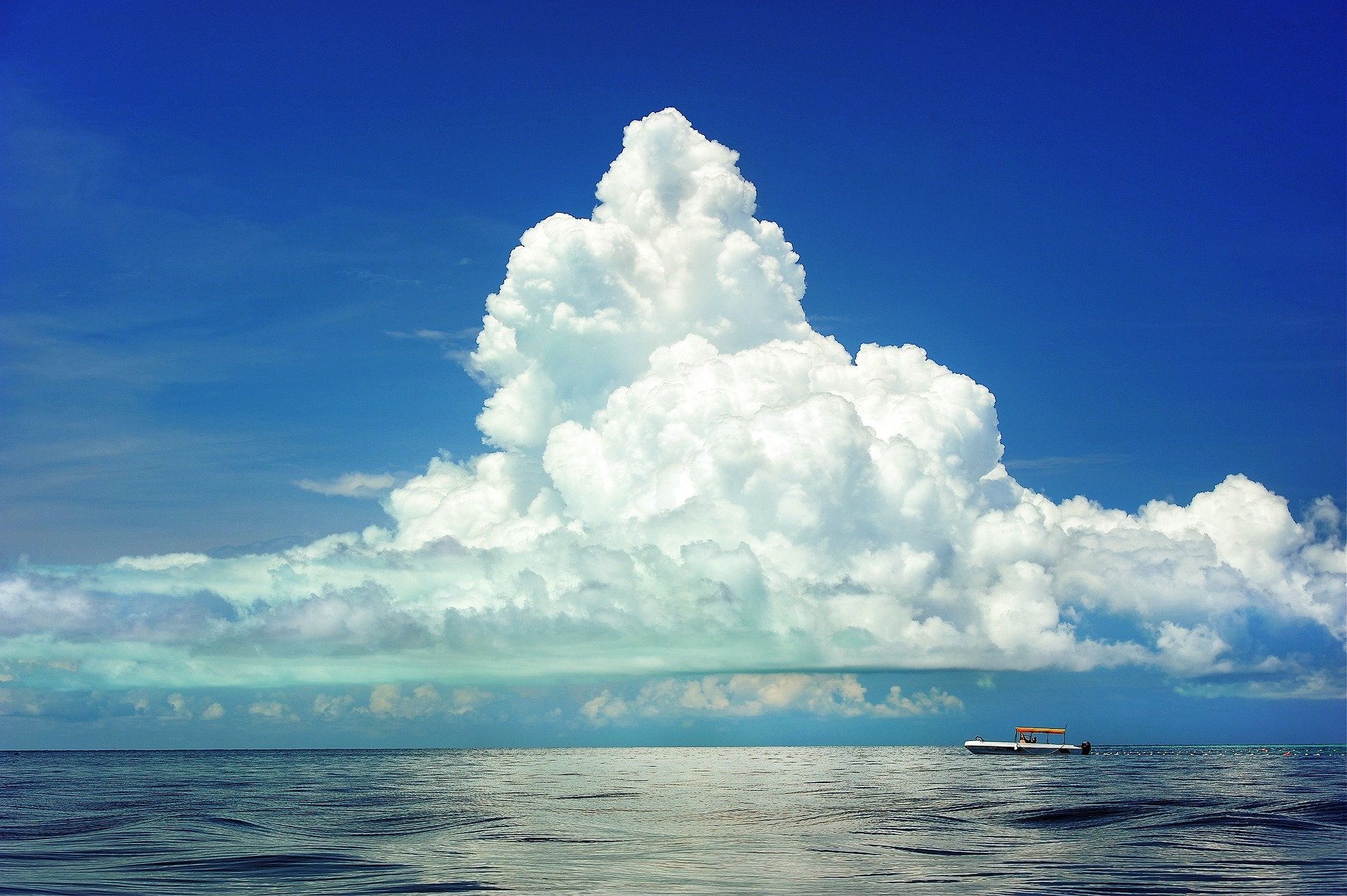OASIS for a Clean Ocean
Workshop Overview & Report
This UN Decade of Ocean Science Laboratory Satellite event hosted by Observing Air-Sea Interactions Strategy (OASIS) and the Surface Ocean-Lower Atmosphere Study (SOLAS) featured a a community discussion of how observations and understanding of air-sea interactions can support a clean ocean. This OASIS session collaborated with two other events, proposed to A Clean Ocean Laboratory Satellite Activity: “Integrated Marine Debris Observing System for A Clean Ocean” (IMDOS) and “Remote Sensing Applications for Marine Plastic Litter Monitoring” (RSMLD). This event was one of a series of interactions that will help to establish new collaborations between the overlapping communities and together advance action toward the clean and healthy ocean.
Location & Date
This 2 hour workshop was held virtually at the following dates and times:
- 18 November at 17:00 CET (Preceded and followed by a 1-hour poster session)
- 19 November at 02:00 CET (Preceded and followed by a 1-hour poster session)
Workshop Talks/ Posters
View the talks that were a part of the OASIS for a Predicted Ocean workshop below.
Session 1 – Impacts of Marine Pollution/Hazards: https://www.youtube.com/playlist?list=PL7lEVqN7cilzZk6OLNvtZRieVJ5zc4z7f
Session 2 – Techniques in Observing Marine Pollution/Hazards: https://www.youtube.com/playlist?list=PL7lEVqN7cilyoCbCV3fFqBuCZMRnvrP4Q
Session 3 – OASIS Strategy for a Clean Ocean: https://www.youtube.com/playlist?list=PL7lEVqN7cilz8-foa0lXpmqIZzJpbD-l6
Poster Session in Gathertown space.
Program Schedule and Outcomes
This 2 hour workshop consisted of 3 themed sessions including pre- recorded talks as well as live discussion, in addition to Poster/TikTok sessions to provide additional opportunities for socializing and networking. In the program schedule below, 01:00 is the top of the hour for the start of each event, and 00:00 is the start of the Poster/TikTok session in the hour preceding the presentations.
Program Schedule:
00:00 Poster/ TikTokSession
01:00 Introduction
01:05 (1) Impacts of Marine Pollution Hazards: Talks and Discussion –The human footprint is increasingly more visible in the ocean. With this session, we want to illustrate the effects of pollution on oceanic processes, with a focus on surface ocean biogeochemical impacts.
– Dr. Matthew Jones, Early Career Ocean Professional – Ozone deposition to the sea surface (University of York, UK)
– Lydia Ladah, Stakeholder – Effects of HABs on hypoxia/anoxia and benthic fisheries (Baja California Fisheries, Mexico)
01:35 Break
01:40 (2) Techniques in observing marine pollution/ hazards – The marine science community has a rich variety of tools for ocean observation and process investigations. This session will explore how these tools can be used to support a Clean Ocean.
– Morgane Perrone, Early Career Ocean Professional – Tools needed to understand and monitor trace metal deposition to the sea surface (University of Tasmania, Australia)
– Richmond Kennedy Quarcoo, Stakeholder – Tools needed to monitor and remedy the effects of plastics in the ocean (Plastic Punch, Ghana)
– Nathalie Mahowald, Senior Scientist – Atmospheric modelling of microplastic sources to the ocean (Cornell University, USA)
02:10 Break
02:15 (3) OASIS strategy for a clean ocean – OASIS, SOLAS, and other scientific organizations should place more attention on how anthropogenic activities influence the ocean. In this session, we will address the specific steps we should take to support a Clean Ocean.
– Miaolei Ya, Early Career Ocean Professional – PAH deposition to sea surface and how OASIS can help (Nanjing University, China)
–Leticia Cotrim da Cunha, Senior scientist/Stakeholder – Ocean acidification (Rio de Janeiro State University, Brazil)
02:45 Summary of action items
03:00 Poster/ TikTok Session
04:00 End
Workshop Organizers
Christa Marandino, GEOMAR, Germany (lead and OASIS co-chair, air-sea gas transfer and ocean biogeochemical cycling)
Nikolai Maximenko, University of Hawaii, USA (also a lead of IMDOS proposal, physical oceanography)
Meghan Cronin, NOAA, USA (OASIS chair, physical oceanography and air-sea interactions)
Maggie Chory, Consortium for Ocean Leadership, USA (ECOP, Program Associate, Ocean Observing Programs)
Jessica Gier and Li Li, SOLAS IPO, Germany and China (ECOP, Executive directors of the Surface Ocean-Lower Atmosphere Study)
Anna Rutgersson, Uppsala University, Sweden (meteorology, air-sea gas transfer)
Verena Hormann, Scripps, USA (air-sea interactions, Lagrangian drifters)
Christophe Maes, IRD, France (physical oceanography, modelling, plastics)
Santiago Gasso, NOAA, USA (aerosols and clouds, remote sensing)
Matthew Jones, York University, UK (ECOP, atmospheric chemistry)
Manuel Arias Ballesteros, ARGANS Ltd, UK (lead of RSMLD proposal, physical oceanography, remote sensing)

